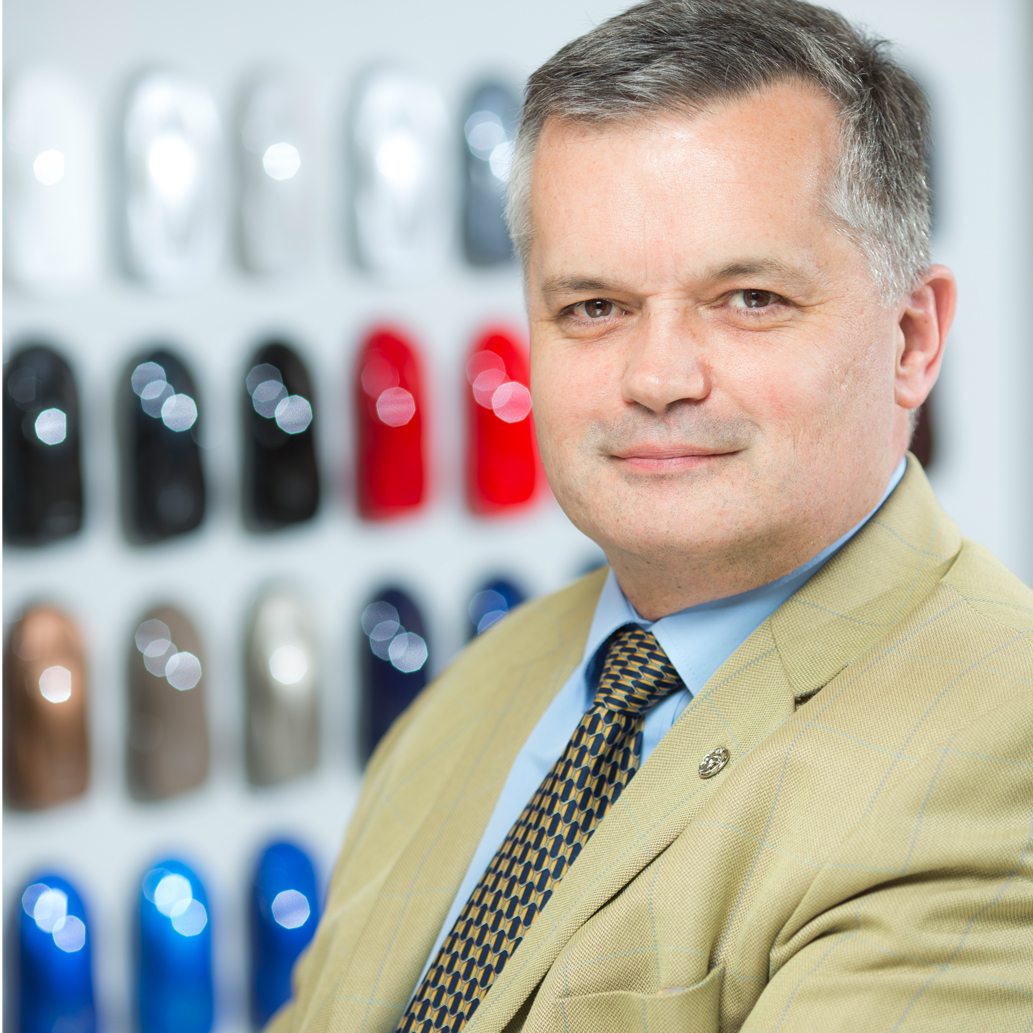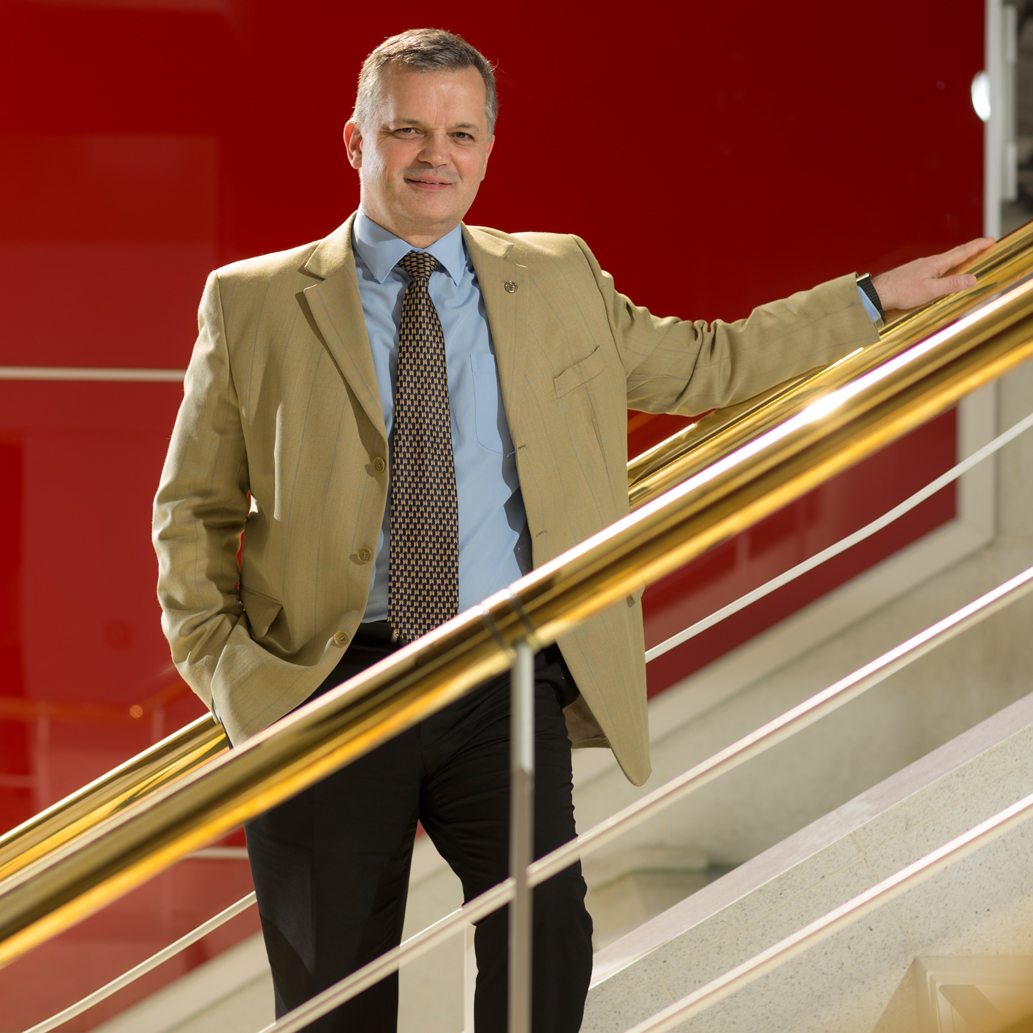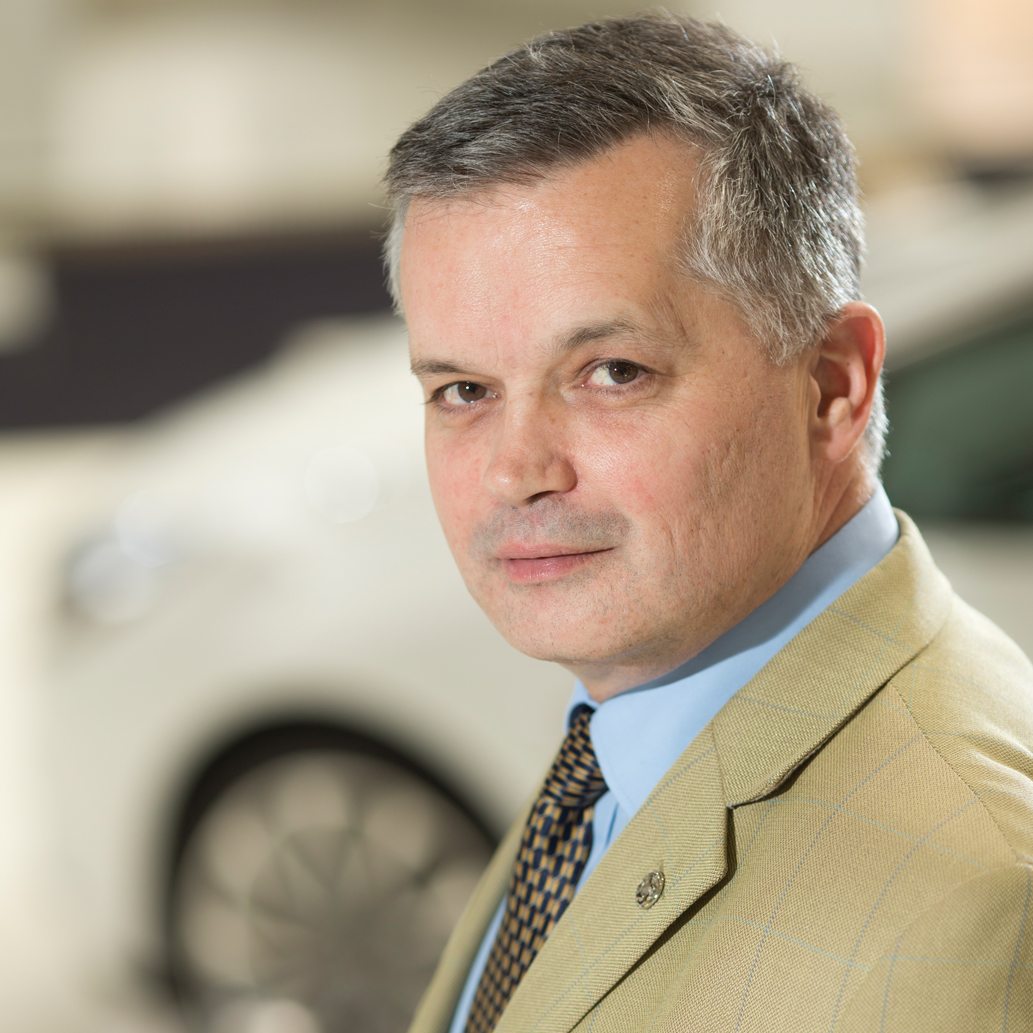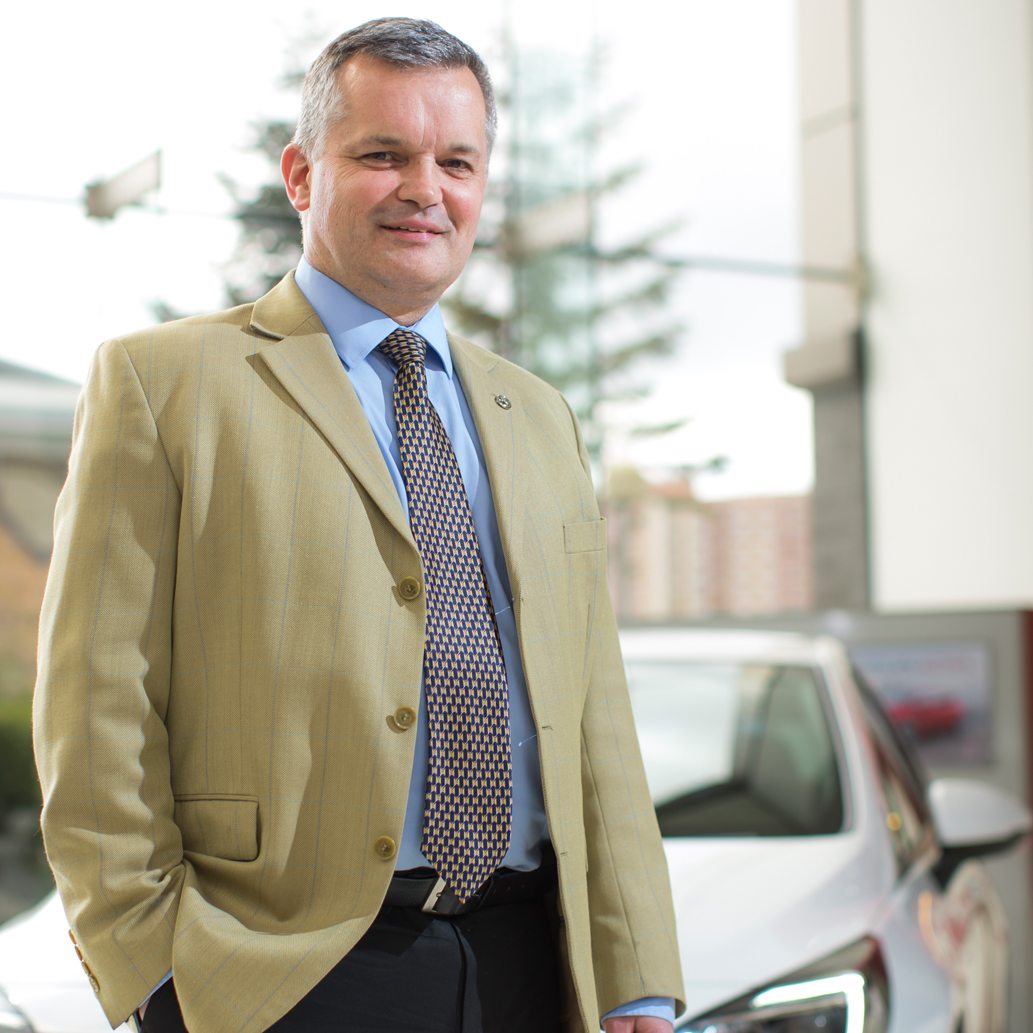Chris, tell us about your early life and why you decided on a career in HR.
I was born in the UK in Manchester, my father was involved in contract work in the textiles industry, paper manufacturing, and at a young age, my family moved around quite a bit. We lived in Iran, Zimbabwe and much of my growing up years were spent in South Africa, and I went to school and university in Cape Town and graduated with an Honours degree in Human Resources Management in 1987. As a field of study, I chose labour relations, which was particularly interesting set against a backdrop of South Africa in the 1980s. Those were, of course, volatile and difficult political times, and it was obligatory to do national service, so I had two years in the army. At the end of that period, I was casting around for different job opportunities and it was a particularly volatile political environment, from a labour point of view, and always in the news – there was almost nothing good about it. The shop floor had become the main outlet for the population to voice their political concerns about the laws in place and the inequality. It was a difficult environment, obviously, but for a student it was very interesting, the whole idea of managing this continuous narrative of conflict. So in terms of my chosen career, that is where the seed was planted and, with my qualifications and some military training, I set out to see what HR opportunities were around.
It was 1989, the mining industry was the mainstay of the economy, and I thought that would be where I would be starting. However by chance, I applied for a role at a car manufacturing company called Delta Motor Corporation, which was essentially General Motors, manufacturing under license brands like Chevrolet and Isuzu, core to GM in Africa. They offered me a graduate trainee position in labour relations, and it was based on the coast, at the time, and as I was really into surf skiing, I considered this a very good outcome – in comparison to the prospect of being in a dust bowl, in 100 degree heat, in a job in mining. I started in labour relations, which as I said was a key interest for me. Then came 1990, which was for South Africa such an important historic year. Nelson Mandela was released from prison, and the political turmoil didn’t dissipate of course, but the atmosphere was so dynamic, the potential for change was palpable. Meanwhile, from point one I was completely involved in disputes regarding anything and everything; recognition, union rights, equality and so on. It was tough as this was a hard environment with very disparate sides, but I couldn’t have wished for a better learning ground. My career really evolved quickly from there and I started to move into different areas of HR, such as; compensation management and benefits.
I was kept busy as with every change and subsequent union contract that came along, the figures had to be altered and new offers negotiated. I then moved onto recruitment, which was set against a very interesting and changing backdrop, with the end of apartheid, so this was a role which was managing new laws in equality and inclusion, defining appropriate recruitment and setting policies, it was an incredible time and place to be a young HR practitioner. Through those changing years in the 1990s, I really built up a sound and varied set of experiences in HR, and I had my first HR management role in 1996, which is where I really picked up the different sub-areas and specialisations in more nuanced areas, again this was back more in the labour side of HR. Ten years into my career, at this time in South Africa we had a collective bargained agreement. Seven car companies had essentially to have the same union contract, all trying to reach the optimal agreement for fundamental work issues across the sector, and I became the lead negotiator for the whole industry. We went through a series of three year deals, some with strikes, some without and it was great negotiating experience, setting out your stall between the employer, the union and employees, and trying to find a balance, across seven car manufacturers. Trying to find the negotiating envelope and getting the tactics right were lessons learnt that I will never forget.
What was it like growing up in South Africa and the incredible events that occurred in your earlier years?
Most people growing up in South Africa are so diverse anyway, and at school age, I was not as aware as one should have been, but at university you become aware of the political environment. There was a political awakening that was pretty compelling, then coming into the workplace and observing how the political backdrop impacted on the labour dynamics, it was intense and relationships in the workplace were always on a knife edge. It’s difficult to overstate how dramatic the times were. There’s one individual that springs to mind, a veteran labour relations representative – some people didn’t like this person – the fact is he was a genuine, grounded person, and he was a great source of informal mentoring. He did that for me. South Africa is so fundamentally divided on race, you deal with that every day in the workplace, and he said; “it doesn’t matter what race they are, they could be a director, they could be dead wrong, but you need to stand up and speak truth to power. The conventional opinion is to accept things, but you have to stand up for yourself and what you believe in”. I learnt a lot, but one thing really sticks in my mind and that is, knowing when to exercise managerial courage and knowing when to speak truth to power. Another thing I learnt in South Africa at the time, was although things were dire, and there were thousands of people that had to deal with severe issues, yet the South African psyche is a sense of humour. They would approach issues with humility and that helped us achieve the things we needed to achieve. That’s another thing I’ve picked up over the years, make sure you always show respect, but a light touch and a little bit of humour goes a long way. Things were the same once I went back, but forever different for me as I have had many different experiences in different countries and all are invaluable. Time spent in countries like Brazil and Germany, working with people from different cultures was so helpful in putting my early years in South Africa into perspective. You realise the interconnectivity of it all. The other very specific point is, every opportunity I was given I’ve tried to equal since, by giving others those opportunities, to move people on projects in different countries.
When you left South Africa for the first time and went to the US, you had this perspective of what others around the world were thinking about the situation there. Yes, fast forward to 2004, GM bought back the business entirely, and I was HR General Manager supporting a business of about 3500 employees at the time. GM sought to integrate the business and, in 2004, I was offered an ex-pat assignment in the US, at regional headquarters based in Miami, Florida, and I jumped at the chance. This was definitely my broad scale strategy years in terms of dealing with the wider workforce, and I was learning GM’s approach to the movement of people, and still I had a foot in benefits and compensation. I was supporting HR teams that were based in GM plants and offices throughout the country, managing leadership issues and change management on a group scale, it was all a fantastic journey in terms of life experience – coming out of South Africa for the first time as an adult, and of course the work experience was priceless. Three years later, in early 2007, I moved back to South Africa to take the position of HR Director, my first director position. The economy was buoyant, people were happy, in terms of the business, manufacturing volumes were up and the company was performing well, so I was back in a country and organisation which was bullish about the future. Then came the world and local recession, and things changed rapidly, and we were not as well prepared for the downturn as we should have been. It was clear we had to reposition the business and we had to cut back on people and downsize, and that meant all the labour issues that had been settled before came back with vengeance, and I shouldered a lot as HR Director for two years, until 2010 when things started to level out again.
In that time, we were still doing the three year negotiation cycle for the sector and again, I was lead negotiator. There were a lot of very difficult issues, and a lot of big players were downsizing. In 2011, we changed the regional structure of what we call International Operations of GM, initially headquartered in Shanghai, then moved to Singapore. GM was divided into four territories: North America, South America, Europe, and the rest was labelled International. This was 2012, and we were consolidating African operations – including a truck and bus factory in Nairobi and another car manufacturer in Cairo, which both needed urgent attention. So I was given the responsibility of HR over the whole of Africa, which believe me really added to the experience pot. In each territory the people, the culture and the employment differences were an incredible challenge with everything we were trying to achieve. As a key, overarching part of all that, as everything was going on, was the setting of our HR global standards, but there are such significant differences from country to country and although it was a fascinating thing to do, it was a very big challenge for sure. Fast forward again to a year and a half ago, and the opportunity came up to fill the shoes of Phil Millward, who retired after 46 years of service in the company, the last seven years of which were as HR Director in UK and Ireland. We had 4200 employees across different sites and roles, with two Manufacturing Facilities, an Aftersales Warehouse, a European Customer Care Centre, an OnStar Centre, an IT infrastructure facility in Ireland and a HQ. Looking at the range of HR support required to keep this operation going is truly fascinating.
What were the challenges that attracted you to the HR Director role in the UK?
Firstly, I was very fortunate to have a very healthy overlap with Phil Millward, and that really gave me the opportunity to explore the landscape and consider the briefing, which wasn’t a tight mandate at all. It clearly gave me the green light to take time to observe and develop, set priorities, and come up with a plan to take HR forward in line with the plans and objectives for the business as a whole. What I’ve learnt along the way is, no matter where you are in an organisation, or your role and responsibilities, the people that make real impact are those that take the initiative, or the bull by the horns, rather than just responding to directions. In my mind, a drive for results is a key competence in people, and that’s what I have tried to bring to the positions I have held throughout my career. There is a long and storied history in Vauxhall, one of deep pride in the organisation, and as a marque in the GM family, it is hugely respected. I was proud to join an employer brand that attracts the brightest talent and people with real ambition. Since I began here in the UK, we have focussed on building a workplace of choice. In my experience, it’s easy to get caught up in day-to-day operations and it’s all-too easy for the really important objectives to get washed away. So my way of prioritising the agenda is to say, ‘if it doesn’t make a difference to the organisation and the customer, then it’s not a priority’. Another key issue for us was talent development, to build a forward-looking plan. It became clear that we had to evolve the optimal structure to deliver on our objectives, with the right skills in place. Talent Development is a focus area, identifying top talent in all areas of the business, and putting in place effective career planning to grow the talent bench. Linked to this it is important to identify key positions and have robust succession plans defined.
You talk of pride in the heritage at Vauxhall, but that can often be an obstacle to change and progress.
You must always challenge the status quo, and yes there’s that natural instinct to protect the known and the tried and trusted. It’s well known that people are sceptical of change and that’s a major part of the challenge of cultural change, especially when you need to impact on evolving the organisation. We are part of a massive and complex organisation in a hugely competitive arena and change has to be inevitable, moreover, people have to not only accept that change is inevitable, they have to embrace and encourage it. You definitely come up against people saying they have always done it this way, but others will be advocating for a re-think. To get them aligned and get change going, it’s key to find ways of bringing people with you, creating an environment of opportunity as opposed to fear and not be bashful about broadcasting when change impacts positively. There are a lot of issues that are work-in-progress for us now, but it’s not about forcing change for the sake of it, it’s about best practice giving people the courage and spirit to develop what they do and themselves. In that respect, although the places and terrains could not be more different, the people in Luton and Ellesmere Port are no different to people in Nairobi, in the truck factory I spoke of earlier in that everyone, at all levels, wants to be treated fairly, in a nurturing environment that encourages innovation and rewards performance and, in so doing, be part of a winning team. To optimise that and grow on it, it’s about getting alignment with the bigger business picture. We’re in the third fundamental area of change, and because of our history, and for various reasons, along the way we have evolved different people management practices, be it; contract types, approach to compensation, labour issues and so forth. There is a general question that follows that, if we are one business albeit with different sites and functions, there is a best practice we should evolve. We need to identify the best practices in HR and apply them consistently across a large, complex organisation.
Many of the skills needed in your sector are in high demand and short supply. Considering the scale of the organisation that must be a massive concern.
My predecessor had created a steady platform, we have sub four percent attrition, but there’s a real need to get young tech-savvy people into the business who are in tune with the future needs, and so a great deal of focus has been on improving our apprentice and graduate programmes. These, are really fantastic programmes, with people joining that are hungry to learn and get great experience, but also make great contribution, it really is a vibrant and exciting dynamic. But we are mindful that this new generation is predicted to move a great deal in their careers, and we’re really developing a framework to try and keep the best for as long as we can. One area is to create a more free and continuous stream of information and feedback, utilising technology as much as possible. There is something special about the Vauxhall culture, but it cannot be based on heritage alone, it has to be about the here, now and the future and that is a fundamental challenge for us right now. In answer to your question, we don’t have much trouble attracting talent, but retaining top talent is right at the top of the to-do list for certain. We are really promoting Vauxhall as a British brand and indeed, Vauxhall is the biggest contributor to our European business. In terms of scale we are bigger than Germany from a GM point of view which is something people are very proud of. The business is energised right now and In March for the first time ever we were number one in terms of retail sales in the UK market, we beat our competitors for that title. The results are fantastic and there is real pride in that achievement.
Looking forward in terms of the automotive industry, there are great changes ahead. How do you see the future challenges in the next five to ten years?
The first thing is, we are a car company so we have to ensure the product pipeline is optimal for our customers. We have never had such a strong pipeline, and we have to meet and exceed customer expectations and with Astra voted European Car of the Year 2016 we are on track to do that. We like the idea of being number one in the UK, and we have to maintain that. So it’s about making sure we deliver on promises. In terms of technology, new tech is always an opportunity, things like electric vehicles and how can we deliver that at an appropriate price. It’s a competitive and heavily-traded market, but we have the product and team to deliver on that. We need to optimise our product offering and performance in each of the UK segments. The UK is a competitive and heavily-traded market, but we have the product and team to deliver on that. Astra being voted European Car of the Year is a superb achievement for us. Things are changing quickly and I would like to see in five years’ time that we would be a global best practice organisation. How we recruit, the training and development framework, are fundamental to that and the overriding consideration is we have to keep improving the environment and constantly question the status quo. The car industry is fascinating, but it is unremitting and it is not a place for also-rans. I call on my experience and I always encourage people to ask questions and never lose a bit of naivety. We are in a constantly changing business, and I am always fascinated and I hope to never lose that. It’s critical to be open to change and have a quality debate. In terms of HR, over the next few years, I would like to grow the team in the UK and say with pride we have one of the best HR teams around, capable of supporting a big and complex organisation in one of the most competitive markets in the world.












